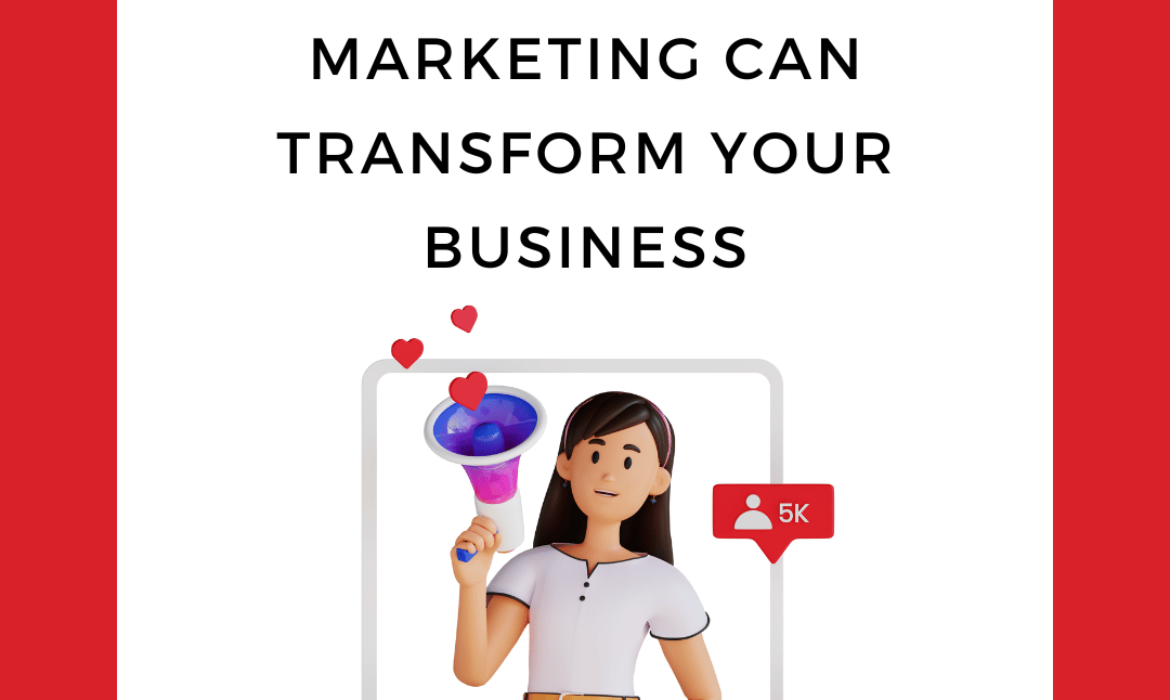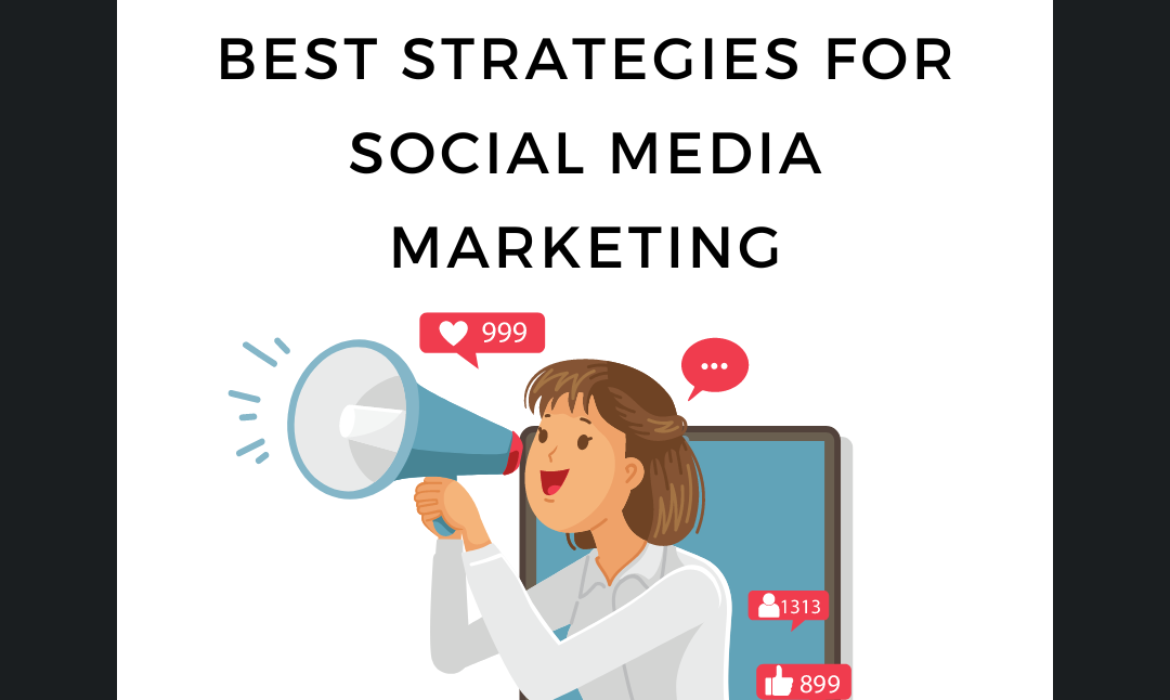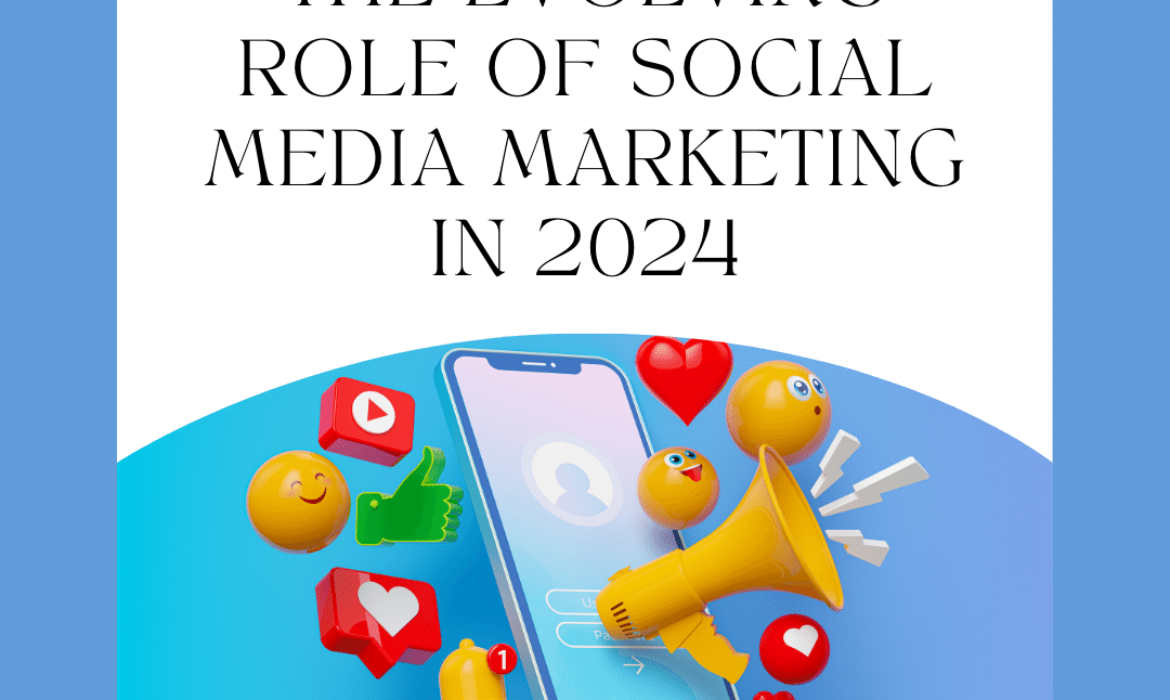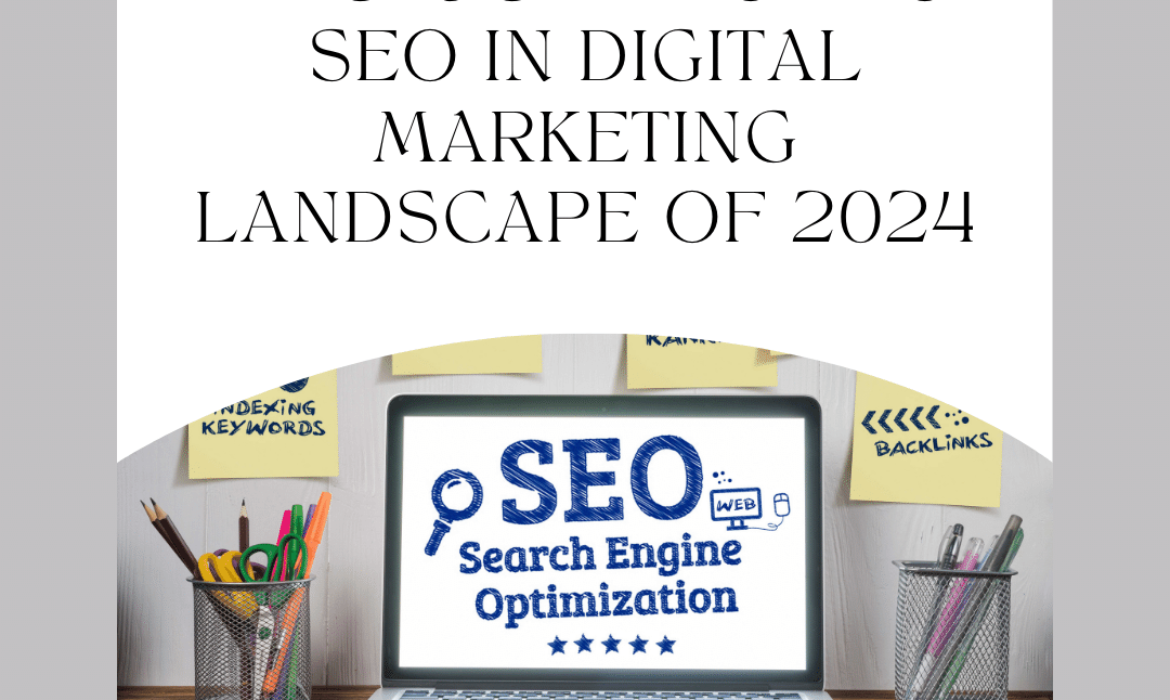Unleashing the Power: How Social Media Marketing Can Transform Your Business
In the contemporary business landscape, the question of whether social media marketing can genuinely benefit a business is not just relevant but essential. As we navigate the digital era, the impact of strategic social media marketing transcends mere brand visibility, playing a transformative role in driving growth, building relationships, and unlocking new avenues of success for businesses.
1. Enhanced Brand Visibility: Social media platforms serve as a global stage where businesses can showcase their products, services, and brand personality. With billions of users actively engaging on platforms like Facebook, Instagram, Twitter, and LinkedIn, leveraging social media marketing ensures that your brand is not only visible but actively participating in conversations relevant to your industry. Consistent and strategic presence on these platforms helps amplify your reach, making your business accessible to a broader audience.
2. Targeted Audience Reach: One of the remarkable advantages of social media marketing lies in its ability to target specific demographics. With advanced advertising tools, businesses can tailor their content to reach the audience most likely to be interested in their products or services. This targeted approach not only maximizes the impact of marketing efforts but also ensures efficient use of resources by reaching those who are more likely to convert into customers.
3. Relationship Building and Customer Engagement: Social media platforms provide a unique opportunity for businesses to connect with their audience on a personal level. Engaging content, timely responses to comments and messages, and interactive features foster a sense of community around your brand. By actively participating in conversations, addressing customer queries, and showcasing the human side of your business, social media marketing contributes to building strong and lasting relationships with your audience.
4. Cost-Effective Advertising: Compared to traditional advertising channels, social media marketing offers a cost-effective way to promote your business. Advertising on platforms like Facebook and Instagram allows businesses to set specific budgets, target specific demographics, and track the performance of campaigns in real-time. This flexibility ensures that businesses of all sizes can participate and compete in the digital marketplace without breaking the bank.
5. Data-Driven Insights: Social media platforms provide valuable analytics and insights that empower businesses to refine and optimize their marketing strategies. From understanding audience demographics to analyzing engagement metrics, businesses can leverage data-driven insights to make informed decisions. This continuous feedback loop ensures that social media marketing efforts are not just creative but also strategically aligned with business goals.
In conclusion, social media marketing is not just a supplementary element; it is a dynamic force capable of transforming the trajectory of your business. From expanding brand visibility and targeting specific audiences to fostering relationships and providing cost-effective advertising solutions, social media marketing is a powerful tool that, when wielded strategically, can unlock unprecedented growth and success for businesses in the digital age.
Unleashing Success: Best Strategies for Social Media Marketing
In the dynamic world of digital marketing, effective social media strategies are pivotal to a brand’s success. As we navigate through 2024, it’s crucial to adopt strategies that resonate with the evolving preferences of online audiences. Here are some of the best strategies for social media marketing that can elevate your brand’s presence and engagement.
1. Authentic Content Creation: Authenticity reigns supreme in the realm of social media. Audiences today are discerning and value genuine connections. Brands should focus on creating authentic content that reflects their values, showcases behind-the-scenes glimpses, and resonates with their target audience. User-generated content (UGC) is a powerful tool, as it not only demonstrates authenticity but also involves the audience in the brand narrative.
2. Video-Centric Approach: The dominance of video content continues to grow, making it an indispensable component of social media marketing strategies. Platforms like Instagram Reels, TikTok, and Stories have gained immense popularity. Businesses should leverage these features to create engaging, short-form videos that capture attention quickly. From product demonstrations to storytelling, video content allows brands to convey messages in a more compelling and shareable way.
3. Community Building and Engagement: Building a sense of community around your brand is a key strategy for social media success. Engage with your audience through comments, direct messages, and interactive features. Host Q&A sessions, polls, and contests to encourage participation. By fostering a community, you not only strengthen brand loyalty but also benefit from word-of-mouth marketing as satisfied customers become brand advocates.
4. Influencer Collaborations: Influencer marketing remains a potent strategy, but it has evolved to be more strategic and focused on authenticity. Identify influencers whose values align with your brand, and whose followers match your target audience. Collaborate on campaigns that feel genuine and provide value to both the influencer’s audience and your brand. Micro-influencers, with their niche and engaged followers, can be particularly effective.
5. Data-Driven Decision Making: Leveraging data and analytics is fundamental for refining and optimizing social media strategies. Regularly analyze metrics such as engagement rates, click-through rates, and audience demographics. Use insights to understand what content resonates most with your audience, when they are most active, and how to allocate resources effectively. Data-driven decision making ensures that your social media efforts are not just creative but also strategically aligned with your goals.
In conclusion, the best social media marketing strategies in 2024 revolve around authenticity, video-centric content, community building, strategic influencer collaborations, and data-driven decision-making. By adopting these strategies, businesses can navigate the dynamic social media landscape, connect with their audience on a deeper level, and achieve sustainable success in the competitive digital marketplace.
The Evolving Role of Social Media Marketing in 2024
Social media marketing has undergone a remarkable transformation over the years, and as we step into 2024, its role in the digital landscape has become more crucial than ever. In this era of interconnectedness and constant communication, businesses must leverage social media effectively to stay relevant and engage with their target audience. Let’s delve into the evolving role of social media marketing in 2024.
1. Enhanced Customer Engagement: One of the primary roles of social media marketing in 2024 is fostering meaningful interactions between brands and their audience. Social media platforms serve as dynamic communication channels where businesses can engage with customers in real-time, addressing queries, gathering feedback, and building a sense of community. The ability to create a dialogue with the audience helps in humanizing the brand and establishing a more personal connection, ultimately leading to increased customer loyalty.
2. Integration with E-Commerce: Social media platforms are no longer just spaces for networking and sharing updates; they have seamlessly integrated with e-commerce functionalities. In 2024, consumers can discover, explore, and purchase products directly through social media channels. Social commerce is on the rise, with platforms offering shopping features that enable businesses to showcase their products, facilitate transactions, and provide a seamless shopping experience without the need to leave the social media environment.
3. Video Dominance and Short-Form Content: The prevalence of video content has skyrocketed in recent years, and this trend is expected to continue in 2024. Social media platforms have embraced video-centric features, such as stories, reels, and live streaming. Businesses are leveraging the power of visual storytelling to capture audience attention and convey messages more effectively. Short-form content, in particular, has gained popularity, catering to the fast-paced and easily-distracted nature of online audiences.
4. Influencer Marketing Evolution: In 2024, influencer marketing has evolved into a sophisticated and integral aspect of social media strategies. Brands collaborate with influencers not only for their reach but also for their authenticity and ability to connect with niche audiences. Micro-influencers, in particular, are gaining traction as they often have a more engaged and loyal follower base. Social media marketing strategies now include strategic partnerships with influencers to amplify brand messages and drive conversions.
5. Data-Driven Decision Making: The role of data in social media marketing cannot be overstated. In 2024, businesses are increasingly relying on analytics and insights derived from social media platforms to make informed decisions. From understanding audience behavior to measuring campaign effectiveness, data-driven insights empower marketers to refine their strategies, allocate resources efficiently, and optimize content for maximum impact.
In conclusion, the role of social media marketing in 2024 extends beyond mere brand presence to encompass a holistic approach to customer engagement, e-commerce integration, video-centric content, influencer collaborations, and data-driven decision-making. Businesses that harness the evolving dynamics of social media are well-positioned to not only survive but thrive in the ever-changing digital landscape.
The Crucial Role of SEO in Digital Marketing Landscape of 2024
In the rapidly evolving landscape of digital marketing, Search Engine Optimization (SEO) remains a cornerstone strategy for businesses aiming to thrive online. As we step into 2024, the importance of SEO has only intensified, becoming an indispensable element for successful digital marketing campaigns. Here are key reasons why SEO continues to be a driving force in the ever-changing digital marketing ecosystem.
- Visibility and Traffic Generation: In a world where consumers increasingly turn to search engines to find information and make purchasing decisions, having a strong online presence is non-negotiable. SEO enhances a website’s visibility on search engine results pages (SERPs), making it more likely to be discovered by potential customers. With the competition for online attention growing fiercer, SEO ensures that your brand is front and center when users search for relevant products or services.
- User Experience and Credibility: Search engines prioritize websites that offer a positive user experience. SEO involves optimizing not only for search engines but also for the end user. A well-optimized website is more likely to load quickly, be mobile-friendly, and provide valuable content. As user experience plays a pivotal role in search engine rankings, a site optimized for SEO tends to earn trust and credibility, contributing to long-term success in the digital space.
- Adaptation to Algorithm Changes: Search engines, particularly Google, regularly update their algorithms to deliver more accurate and relevant results to users. Staying abreast of these changes is crucial for maintaining and improving search rankings. A proactive SEO strategy allows businesses to adapt to algorithmic shifts, ensuring that their online presence remains robust and resilient in the face of evolving search engine criteria.
- Local SEO for Targeted Reach: In the age of personalized search results and geotargeting, local SEO has become increasingly vital. Businesses, especially those with physical locations, benefit immensely from optimizing their online presence for local searches. This targeted approach ensures that potential customers in specific geographic locations can easily find and engage with the business, fostering a stronger connection between the brand and its local audience.
- Cost-Effectiveness and High ROI: Compared to traditional advertising methods, SEO is a cost-effective strategy with a potentially higher return on investment (ROI). While paid advertising can drive traffic, organic search traffic generated through SEO is often more sustainable over the long term. By consistently appearing in relevant search results, businesses can attract organic traffic without incurring ongoing advertising costs.
In conclusion, as we navigate the dynamic landscape of digital marketing in 2024, SEO stands out as a linchpin for success. From enhancing visibility and credibility to adapting to algorithmic changes and ensuring cost-effectiveness, SEO continues to play a pivotal role in helping businesses carve a niche in the competitive online space. Embracing and optimizing for SEO is not just a choice; it’s a strategic imperative for any brand aiming to thrive in the digital era.






